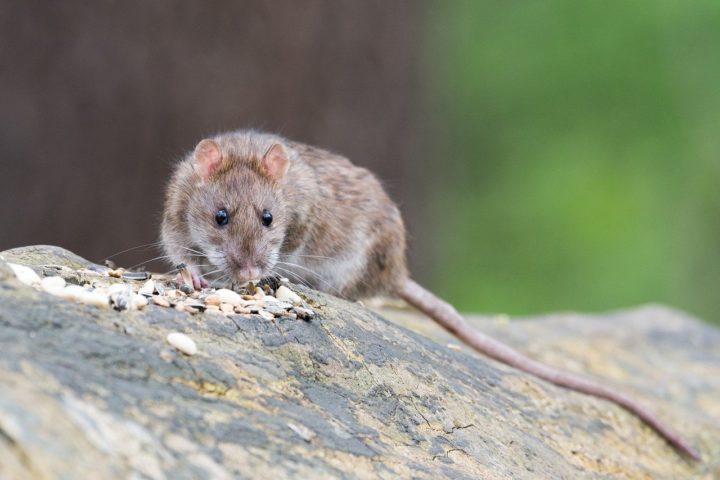Rats and mice are becoming increasingly resistant to the rodenticides we rely on for their control. Reading researchers have been monitoring the genetic changes behind resistance to commonly used rodenticides, mapping these across the UK and elsewhere, thus allowing more tailored and efficient use of these products, with the objective of securing their future use.
Rats and mice are an age-old problem. They eat and contaminate food supplies, gnaw property, spread disease and harm wildlife, thus hampering conservation efforts. Historically, anticoagulant rodenticides (AR) revolutionised rodent control and are now widely used, but after decades of use, these furry pests are fighting back by becoming genetically resistant.
Scientists led by the University of Reading’s Professor Colin Prescott have come up with a new, standardised way to identify and quantify the magnitude of resistance to all nine ARs in house mice and Norway rats. In addition, through genetically testing rodent tail samples they have been mapping the incidence of the different resistances in both species across the UK and elsewhere, thus providing objective assessments of the likely impact of resistance on treatment outcome. They have made this data freely available to both researchers and the rodent control industry across Europe.
Prescott and colleagues at Reading’s Vertebrate Pests Unit have been submitting their data directly to the UK Government’s Health and Safety Executive on an annual basis. Thanks to this work, awareness of the resistance problem is growing and there is new, regulated guidance and training for the control of resistance by pest controllers, farmers and gamekeepers. Rodent populations across the UK and beyond can be controlled in a tailored and efficient way, matching rodenticides to the rodent populations in which they will be most effective.
Overall, this means that less AR needs to be used, lowering the risk of harm to people (through accidental exposure) and to the natural environment. More targeted and controlled use of rodenticides ensures that these important products can continue to be used into the foreseeable future.
Find out more
View the full impact case study on the REF 2021 website: Anticoagulant rodenticide resistance: raising awareness, improving practical rodent control and prolonging product shelf life

